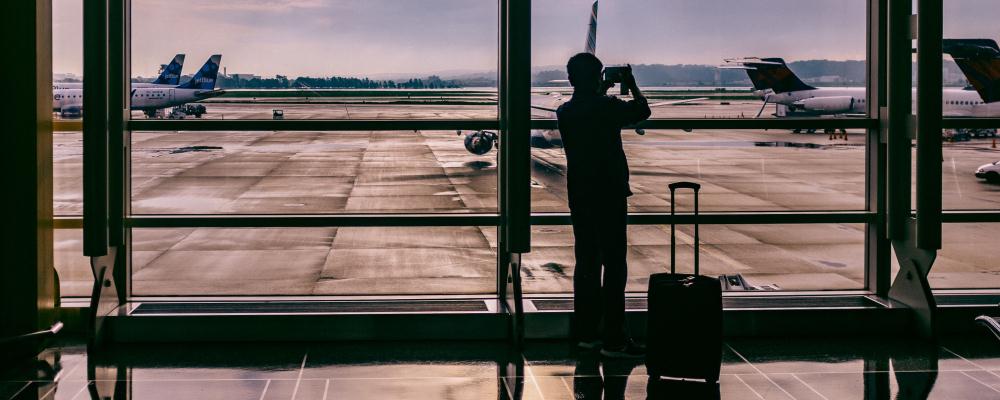15th June 2018
Written on 23rd October 2017
Getting the team together: How specialist support can make or break your travel
If you have had to move people from Point A to B, you’d know it’s not always an easy process. And when you need to move groups of people from one country to the next, the challenge only becomes greater. There are visas, flights, security issues, cars, vans…the list goes on. Which is why having the right specialist team around you has become so important.
It’s something that Alli Pratt, TAG's General Manager Film, Media and Entertainment knows only too well. Over the years Alli has run logistics for everyone from pedantic celebrities, to major touring rock festivals.
“While we may manage the overall travel, an important part of what we do is make sure we have specialists working with us to look after specific areas of concern,” she says. “That may be things like security and helping celebrities get in and out of airports unseen, or dealing with the never ending paperwork around visas. What’s important is making sure we have people with on-the-ground knowledge and experience to make sure things run smoothly.”
Among those specialists that Alli’s team at TAG work with is Jud Campbell who operates Axle Events – a logistics company that focuses on ground transport for the entertainment industries. From simply providing professional drivers to designing and managing an entire ground transport plan, Jud has worked in everything from reality TV through to major sporting and music festivals.
“Essentially ground transport is the job of "How" and only after the "Where" and "When" questions have been answered can transport be organised so it is often overlooked,” he explains. “To organise labour I really need a lead time of two months to lock in staff. But invariably productions schedules and decisions effecting transport aren't made until much closer to a production start date. “
Jud explains the challenges can start as soon as you land. “Each airport and even airline in Australia is unique with its challenges in accommodating passengers for smooth departures from airports. Coordinating a smooth departure comes down to a range of factors, even what vehicle you use.”
He adds it’s important to understand a client’s expectations around risk.
“Coordinating a fleet to accommodate artists, for example, is not an exact science as people often change their plans according to whims or unforeseen circumstances. Allowing flexibility whilst maintaining efficiency within a transport system is the holy grail of Ground Transport and understanding what level of risk a client is willing to accept informs much of how a system is designed.”
And he says ignoring ground transport needs can lead to higher production costs.
“A client may save $15/Room by moving a party to a different hotel but those costs are eaten up with extra transport and logistics required to accommodate people across multiple hotels,” he says. “The same situation occurs with flights, you can save a few dollars on a flight an hour earlier but keeping large groups of people together is the most efficient and economical way of moving people.
“I was once asked to arrange transport for a dinner for 1000 plus people across four restaurants with five hours’ notice. Getting people to and from the restaurants cost more than the food eaten. I think that's always a good example of how important it is to remember transport when designing events.”
Alli adds that going it alone when it comes to arranging ground transport is not always the wisest idea.
“Australia has some of the strictest enforcement of road rules anywhere in the world,” she says. “Police take issues like drink driving, speeding, using phones while driving and wearing seatbelts extremely seriously.
“To further complicate matters, each state can have different laws. Having a local driver and coordinator who knows how fast you are able to go in different areas or which roads are toll roads can be imperative to reducing budget costs. The last thing a production needs is to run foul of the law, or receive unexpected toll bills once a production is ready to wrap.”



